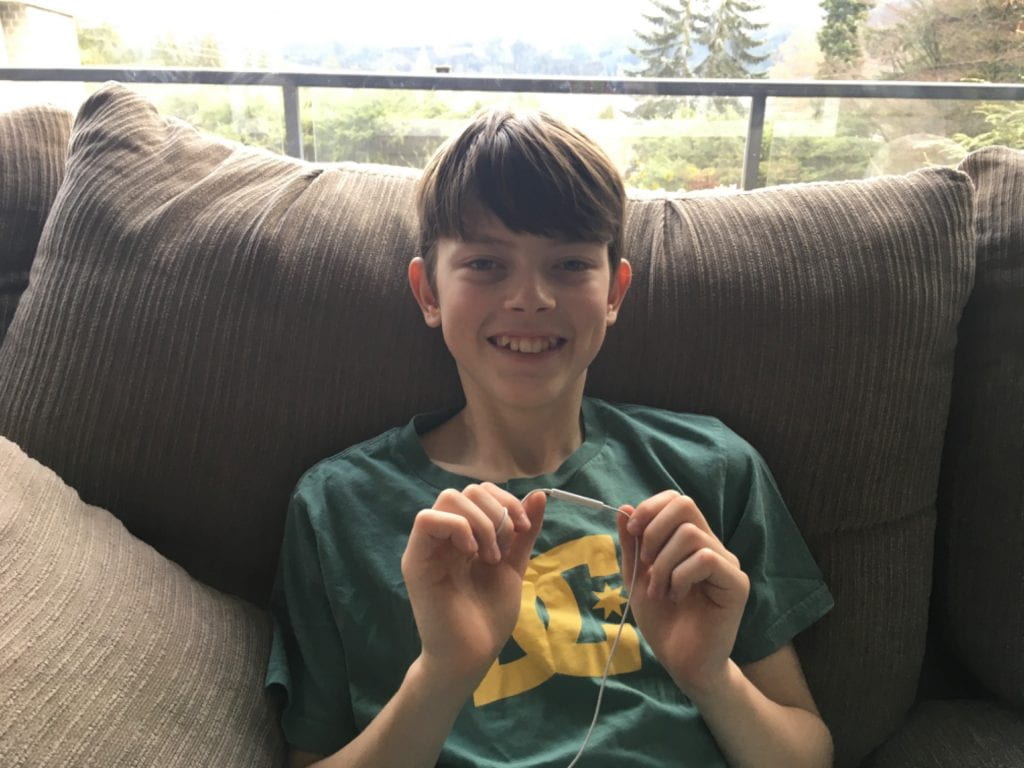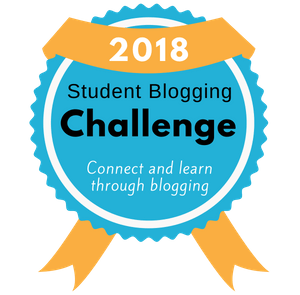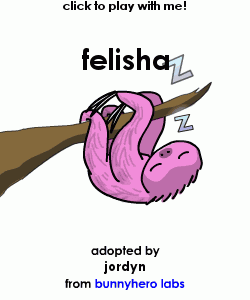Yoo Hoo! Welcome back to another absolutely whimsical post on My Dog Ate My Blog. Let’s catch up. After Humanities’ 10 last project about Romeo and Juliet (Alike in Dignity), we have been working on a project called People’s Podcast. But you may be asking, what exactly is this project that you speak of? What is a Podcast? Well that is what I am here to talk to you about! This project focused on different Minorities in Canada, this could be anything from the LGBTQ+ community to Women. We researched, interviewed, and recorded information on these different minorities to create an amazing 7-10 minute podcast in pairs. For your information, staying under ten minutes is very difficult so it may be a little longer. Whoops! Amelia and I decided to study mental illness and mental disorders, specifically ADHD for our project. You, the reader, if you have been a long time My Dog Ate My Blogger, are probably waiting for the driving question that kick started this whole project.. BUT! Before I give away that information, I thought I would give you a sneak peek of the curricular competencies we focused on. These include Comprehend: What literacy skills am I using to read, listen, and view texts for understanding? and Identify Continuity and Change: How are lives and conditions alike over time and how have they changed? Ok! Now it is time for the driving question:
How did lives and conditions change and stay the same after WW2?
Alright! We will be chatting about some of my highlights, what helped me learn the curricular competencies, as well as a novel study we completed. All of this will be reflected on in a conclusion that answers the driving question. Sounds like a lot of work so let’s get started -> -> ->
A relatively small group of people, especially one commonly discriminated against in a community, society, or nation differing from others in race, religion, language, or political persuasion. A few of the Minorities studied in this project are the LGBTQ+ Community, Judaism, Mental Illness, Muslim, Veterans, and First Nations Communities.
A podcast is basically any topic you could imagine, wrapped up into one and talked about by someone who researches, interviews, and tells stories about this topic. There are many different kinds of podcasts, but in the on for this project, most people are having a conversation with their partner including research and interview interludes, so I guess you could say they are educational podcasts. You can listen to Podcasts on many different platforms such as Spotify, the Podcasts app, Breaker and more.
HIGHLIGHTS OF MY LEARNING
THE ABSOLUTELY TRUE DIARY OF A PART-TIME INDIAN AND BOOK CLUB
A lot of the time, I do not enjoy reading books from school, like books for class. But this one was a completely different story. The Absolutely True Diary of a Part-Time Indian is an amazing story of change that can teach us some really important lessons about the First Peoples of our country and their struggles on the reserves. I could go on and on about what this book teaches us and how good it is but then, this blog post would be 500 words longer than it should be. Which we don’t want. So instead, down below, I will put the essay I wrote discussing important themes through out the book that really shed light on the lives and conditions of indigenous people.
Although this book was an absolutely amazing read, a 10/10, that wasn’t the best part. My favourite part about reading this book was the book clubs we had every week. They really helped me understand the book and communicate my ideas as well as hear different perspectives from my other classmates. (Honestly, the best part was the tea and danishes hehe) I think, between the book chats and literary responses, reading this book strengthened the competency, comprehend. Reading the book and putting sticky notes on the parts that stood out helped me comprehend and understand the book, it’s themes, and the characters. As well as sticky notes, talking about it with my classmates and writing an essay helped me organize my ideas.
THE 8TH FIRE: INDIGENOUS IN THE CITY
If you did read through my literary response essay, you probably heard me mention this video. “The 8th Fire: Indigenous in the City” and the book, “The Absolutely True Diary of a Part-Time Indian”, go hand-in-hand, for me, when trying to understand the harsh past of indigenous peoples. As I watched this video I really connected to one of the first projects I did this year, when I wrote an essay and BAKED A WHOLE CAKE to represent The Compulsory Attendance of Residential School in the 1920’s. Although this video was only a small portion of what I learned in this unit, it really gave me a visual for the story of “The Absolutely True Diary”. It showed that the themes and characteristics/lives of the fictional characters through out the book, actually exist in real life.
THE PODCAST
Then came the fun part. Creating a podcast! Although most podcasts are 10 minutes or more, they take a lot longer to create and lots of hard work. I will not talk about every step we took in creating this podcast, just the ones that really taught me a lot.
OUR TOPIC
I was partnered up with the wonderful Amelia and we chose the topic Mental Illness to research how awareness surrounding it has changed over time. Once we finished our online research and listening to podcasts, we narrowed our topic down to specifically ADHD and came up with our question:
Since the 1950’s, right after WW2, how has the social stigma of mental illness, specifically ADHD, impacted learning opportunities for these children at school and has the stigma changed?
INTERVIEWS
A very important part of creating a podcast is the research you can get by talking to others in your community. Amelia and I interviewed Mrs. Brady, a support teacher at our school, Mr. Harris, a teacher at our school that struggled with ADHD at a young age, as well as my brother who is making his way through school right now with ADHD.
After looking back and comparing what Mr. Harris said about his life at school and what my brother said about his, I learned a lot about the curricular competency, Identify Continuity and Change: How are lives and conditions alike over time and how have they changed? Connor and Mr. Harris both experienced school a bit differently than others because of the mental illness they were diagnosed with. But, there are many differences as well. Now a days, Connor has many support opportunities that Mr. Harris didn’t have growing up. There is also much more awareness surrounding ADHD and mental illness today then there was when Mr. Harris was growing up.
MUSIC AND THE FINISHED PRODUCT
Once we finished recording and gathered all of our clips, it was time to edit them all together to create the finished product!
There it is! I hope you enjoy! We created the music in Garage Band which has always been difficult for me but this was really a breakthrough for me. Here is the whole song if you want to listen to it!
I am really really proud of how it turned out and all of the hard work Amelia and I put into it. We worked really well as a team and delegating the tasks evenly which I think is what really brought the whole thing together in the end.
CONCLUSION
How did lives and conditions change and stay the same after WW2? This is the driving question we asked ourselves at the beginning of the unit and it is quite easy to see the answer after creating this podcast. When I was doing research, one of the podcasts I listened to was about a comedian in the 60’s and 70’s that struggled with Depression. But it wasn’t even recognized as a mental illness at that point! The cure for “Student Let Down” or “The Freshman Blues” was an Oral B toothbrush for goodness sake!
As we move forward in time to Mr. Harris’s time, the early 2000’s, we see that ADHD is recognized as a mental illness but people diagnosed, aren’t necessarily being treated how they should be, or supported. They are simply seen as “bad kids.” If we move even farther down the timeline to today, my brothers time, wee can see that that stigma has almost been erased. My brother takes medication every day to help him focus, he has support teachers at school, and there are many programs out there for kids like him. All of theses people, form the comedian to Mr. Harris, to my brother, all have struggles with a mental illness, but there has been a huge change in the awareness surrounding them since WW2. Anyways, I hope you enjoyed our podcast and have a great spring break!
~Jordyn





Leave a Reply